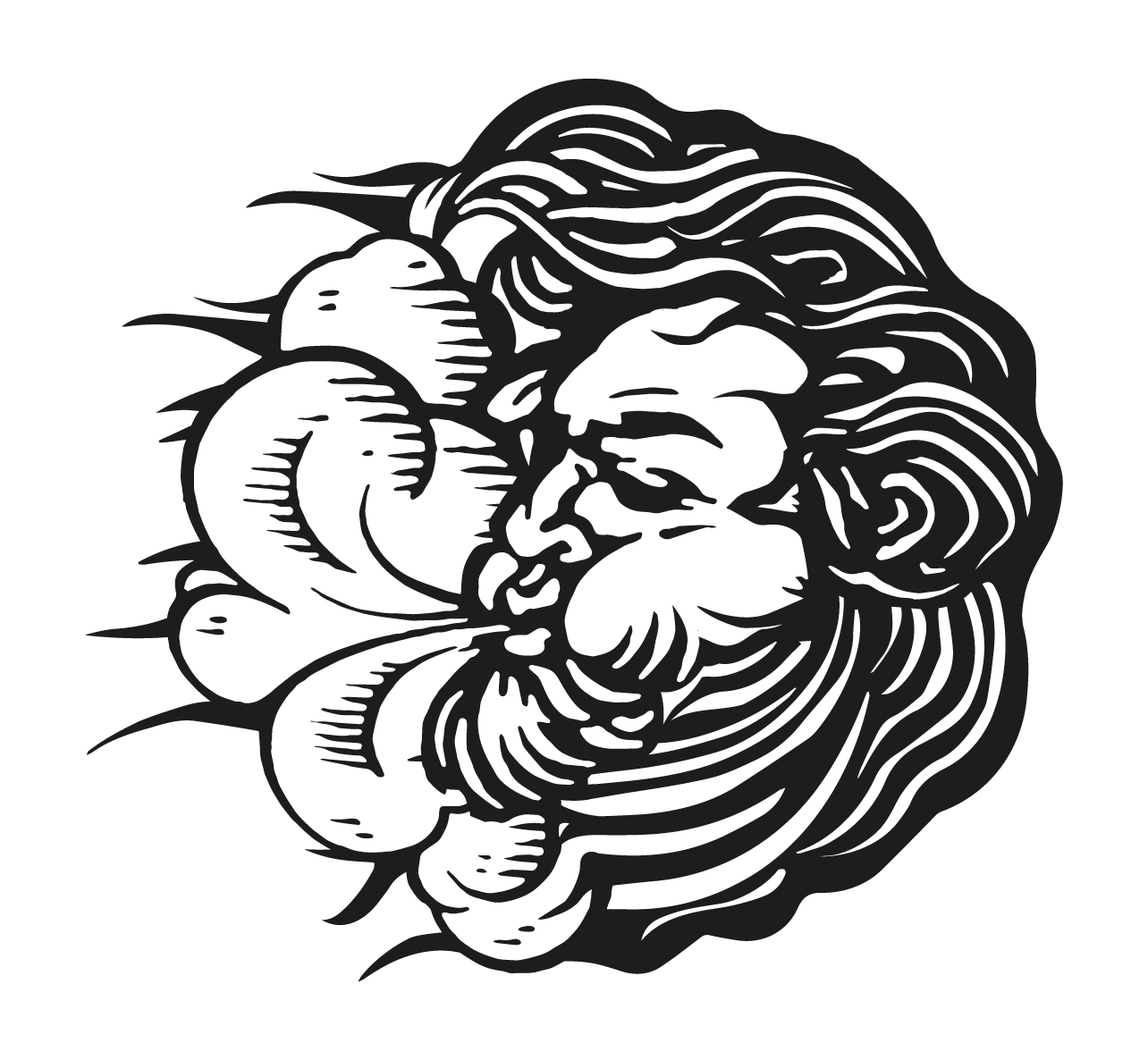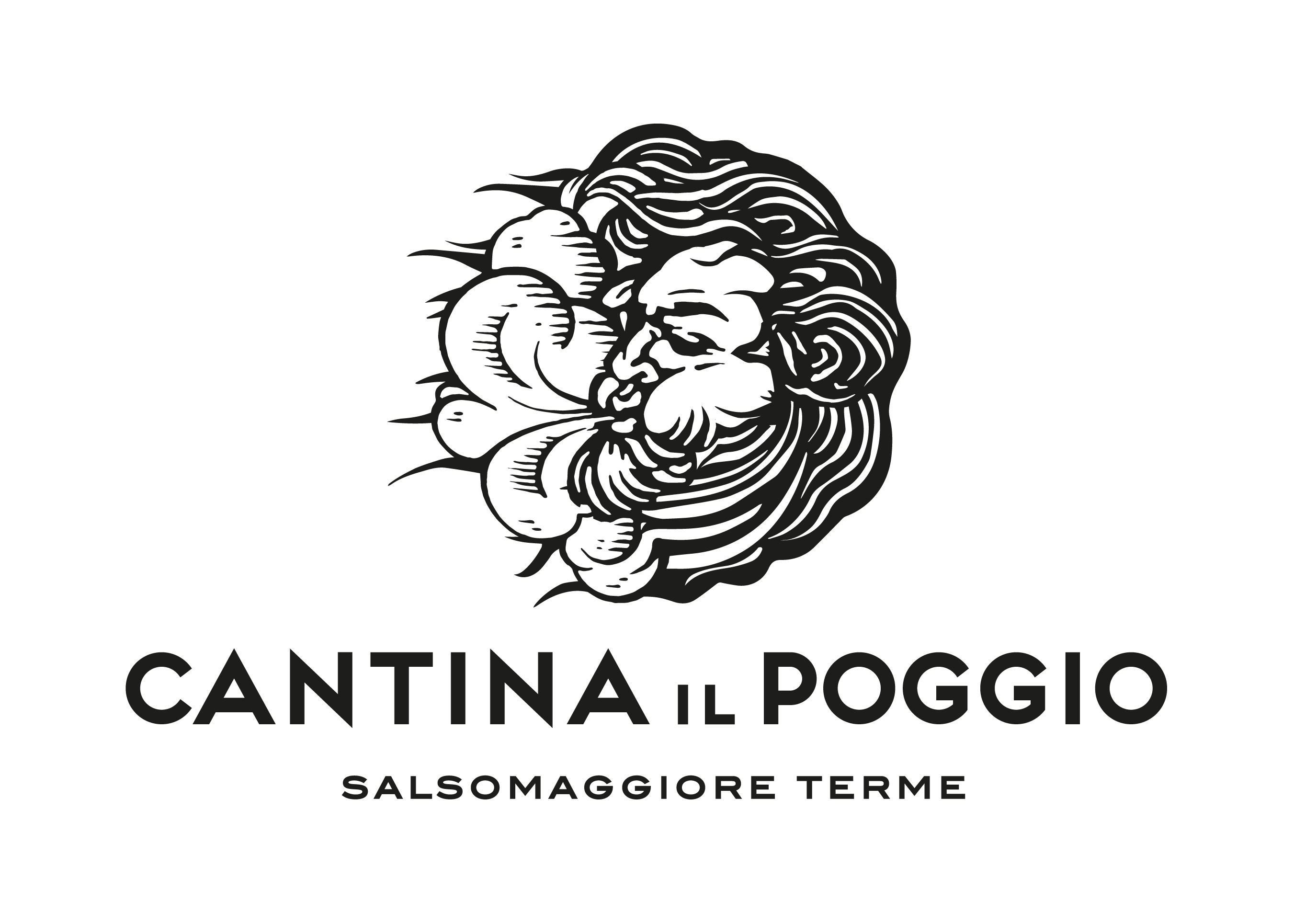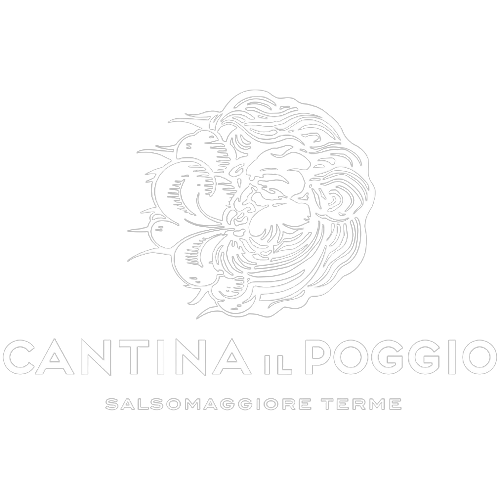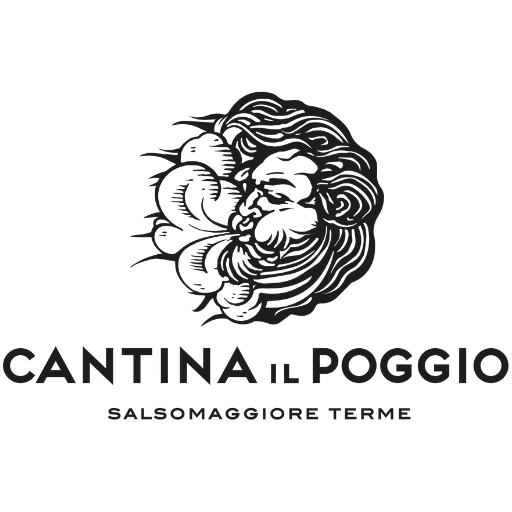Fermentation: the foundation of life
Fermentation: the foundation of life
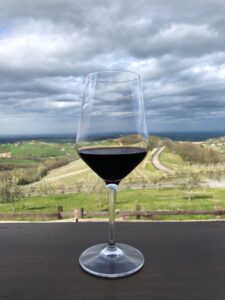 I’ve been waiting for a long time to write this article, and October couldn’t be a better month.
I’ve been waiting for a long time to write this article, and October couldn’t be a better month.
I strongly believe that when we embark on culinary journeys, when we choose to dedicate a day to culture, good food, and genuine wine, we must gain an understanding and familiarity with what we will discover.
Indeed, the true power of these tours is to understand the processes behind a particular product, especially those products that have been the basis of our diet for generations.
Bread, dairy, vegetables, wine – all foods that have served as the backdrop to a world that once knew no ready-made, packaged meals typically found on store shelves.
Fermentation was a discovery, but even before that, it was the method adopted by our ancestors over the centuries to preserve different types of food and enjoy supplies even during tough times.
Do you know what fermentation is? Who discovered it? Why is it the foundation of our lives? Let’s find out together! 👇
What is fermentation?
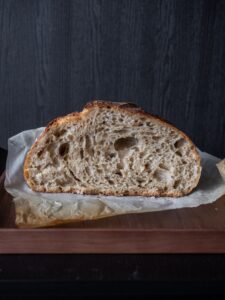 We can technically define the fermentation process as a <<series of chemical processes involving the partial breakdown of an organic substance, with the accumulation of simpler compounds, carried out through enzymes by living microorganisms, which thus obtain the necessary energy for their growth and multiplication>>.
We can technically define the fermentation process as a <<series of chemical processes involving the partial breakdown of an organic substance, with the accumulation of simpler compounds, carried out through enzymes by living microorganisms, which thus obtain the necessary energy for their growth and multiplication>>.
If we want to put it in a easier and more understandable terms, unlike chemistry, which explains how processes have a beginning and an end, fermentation is more of a biological process.
A fermented product is alive; it never stops evolving and changing.
Think about wine, a product obtained through alcoholic fermentation: we often choose a bottle and store it in our cellar, convinced that the wine will improve and be ready within a certain period of time. Why do we do this? It’s because wine is a living product that changes and evolves.
Fermentation existed even before it was named as such: our ancestors understood that if they wanted to stock up on food and preserve its sensory and nutritional properties, they needed to rely on spontaneous microorganisms, responsible for this transformation.
The first food to undergo spontaneous fermentation was mead, and this moment is considered a historic transition from the state of nature to human culture.
From early humans to Louis Pasteur
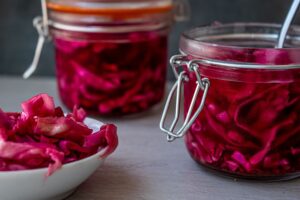 Over the centuries, more and more foods that responded to this fermenting magic were added, also to make products more digestible.
Over the centuries, more and more foods that responded to this fermenting magic were added, also to make products more digestible.
Consider soy, for example, which over the centuries has become miso, tofu, tempeh, and tamari – typical ingredients in oriental cuisine that most of us can now find in the supermarket.
We can also analyze the issue of bread and leavened products: when humans transitioned from a nomadic to a sedentary lifestyle, they immediately needed to make the most of the cereals they cultivated.
Then came yogurt, which according to legend, was the result of a forgetful shepherd who left some milk in a stall. Thanks to high temperatures and bacteria, it transformed into the first fermented milk. The Sumerians brewed beer, the Egyptians stocked fermented alcoholic beverages in amphorae.
Our ancestors around the world perfectly understood how to transform and preserve food, making it more appetizing and digestible. For them, it was the norm. In contrast, most of us, for instance, see fermented products such as sauerkraut or kefir as something onlt for vegans, with an extremely sour taste.
Returning to history, we had to wait until the 1800s and Louis Pasteur to give a name to this great heritage left to us by our ancestors, who, however, had no awareness of how the entire process worked.
Monsieur Pasteur paid great attention to fermentative processes, reading and rereading the studies his colleagues had compiled in the past. He discovered and confirmed that fermentation didn’t occur spontaneously but rather through the action of bacteria, yeasts, and molds.
It’s a truly fascinating world that makes us reflect on human abilities to use nature to their advantage. Or perhaps it’s nature that has used humans?
